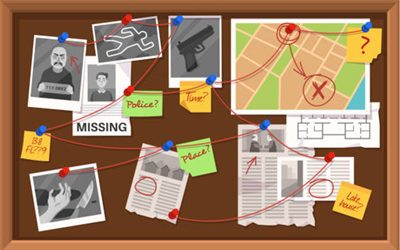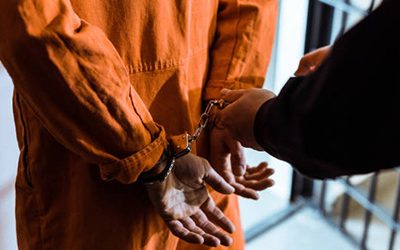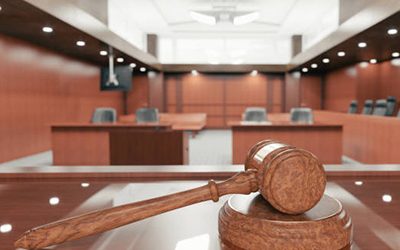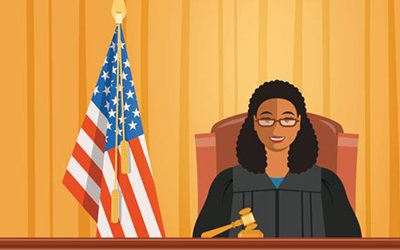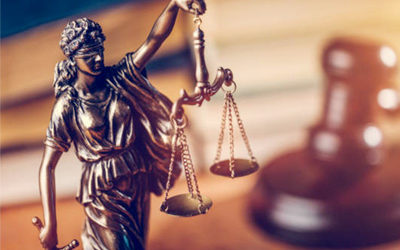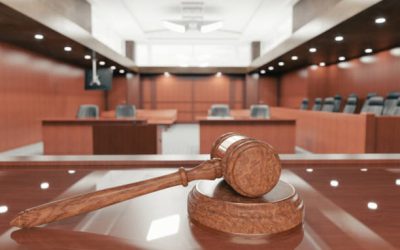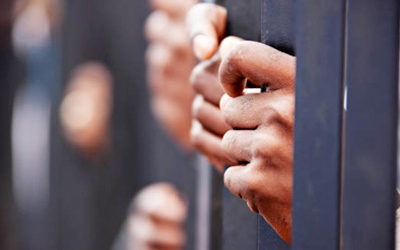Pascua Yaqui Community Hub
Cycle of a Criminal Case
CRIMINAL CONDUCT
CRIMINAL CONDUCT
A criminal act is conduct which violates the law of the Tribe with evidence that the offense has occurred. The offense may result in an arrest or further investigation by law enforcement. If there is not sufficient probable cause, then a case may be dismissed…
ARREST OR INVESTIGATION
ARREST OR INVESTIGATION
Police officers can make an arrest when they have probable cause to believe that the person has committed a crime, either a Felony or Misdemeanor. Sometimes cases may take more investigation before an arrest can happen. Depending on the nature of the crime, police..
INITIAL APPEARANCE
INITIAL APPEARANCE
Pascua Yaqui Tribal law guarantees a hearing within 72 hours of being arrested. The prosecutor will file a Complaint, and if seeking jail time, a judge will appoint a defense attorney. If the defendant cannot afford an attorney, the Tribe will provide one at no cost….
PRELIMINARY HEARING
PRELIMINARY HEARING
All defendants accused of Felonies are entitled to a Preliminary Hearing within 10 days of their initial appearance if they are in custody and within 20 days of the initial appearance if they are out of custody. At this hearing, the prosecutor will call witnesses…
ARRAIGNMENT
ARRAIGNMENT
An Arraignment is the hearing in which the Defendant is informed of the charges against him. At this hearing a plea of not guilty is entered to all charges contained in the Complaint and a denial as to any allegations that may have been attached. The Defendant is…
COURT HEARINGS
COURT HEARINGS
In a felony case, after Arraignment, a Case Management Conference will be held. At this conference, the parties will explore the possibility of a non-trial disposition. At this time the Court may, in its discretion, participate in settlement negotiations and change of…
FILED MOTIONS
FILED MOTIONS
A Defense attorney in reviewing a case, may allege that certain Constitutional rights were violated or that particular Rules were not properly followed. The Defense attorney may file pleadings, and then the Tribe has a right to respond. As necessary, the…
CASE RESOLUTION
CASE RESOLUTION
Plea Agreement Most criminal cases resolve with a plea agreement. The prosecutor may reduce the potential punishment in exchange for the defendant pleading guilty to one or more charges. During the negotiating process, another judge may…
GUILTY OR NOT GUILTY
GUILTY OR NOT GUILTY
If the finder of fact – jury or judge – finds the defendant not guilty, charges are dismissed, the Defendant is released, and charges may never be brought again for the same act. If the jury finds the Defendant guilty, the case proceeds to sentencing.
SENTENCING
SENTENCING
Sentencing is the time for the Judge to decide if a Defendant who is found guilty at trial or who pleads guilty will be incarcerated or placed on probation. The Prosecutor, the Victim, the Defense Attorney, and the Defendant will all be given an opportunity to make a…
CUSTODY OR PROBATION
CUSTODY OR PROBATION
If the Judge has the option whether to send a defendant to jail, and to decide how long the Defendant will spend in custody. On the most serious cases, the Judge can incarcerate a Defendant for up to three years for each crime, for a total of 9 years. If the Judge at…
APPEAL
APPEAL
An Appeal is the review the record of the trial court’s activities for legal error. The Court of Appeals does not consider new evidence or re-try the case. An Appeal is not another trial but an opportunity for the defendant to try to raise specific errors that might have occurred…



